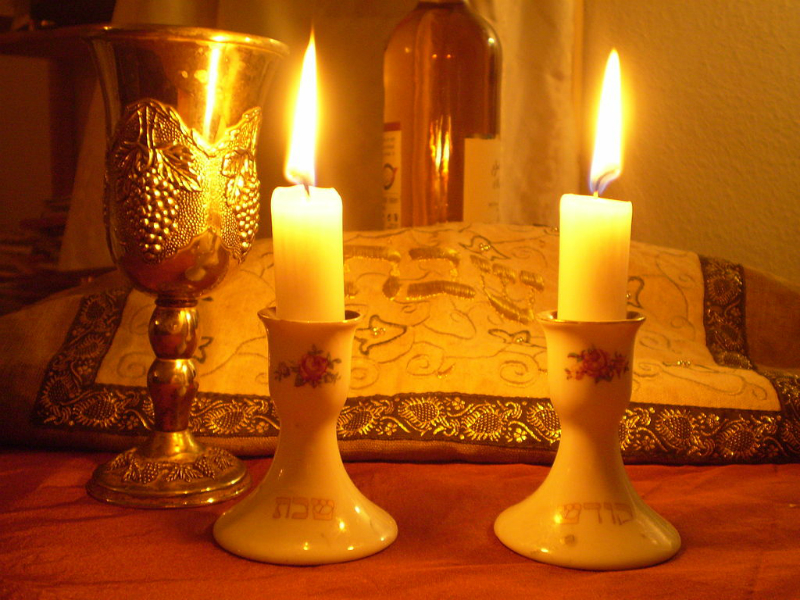The first time I recited the Friday night priestly blessing, my daughter was one day old. With Shabbat descending on Montreal’s Jewish General Hospital, my husband and I took this tiny, not-yet-named being into our arms and blessed her in the name of our foremothers Sarah, Rebecca, Rachel and Leah. We wished for her in that moment an eternity of God’s goodness, the best the world could give her, a future of love and righteousness.
And then, when our son was born, we blessed him, too – not in the name of our forefathers Abraham, Isaac and Jacob, but rather in the name of Joseph’s sons, Ephraim and Menasseh. This week’s Torah portion contains this tradition’s origins: Jacob calls Joseph to him on his deathbed and blesses Joseph’s sons as his own. Jacob additionally gives them a blessing that has become part of the bedtime Shema: “The angel who has redeemed me from all harm bless these lads … and may they be teeming multitudes upon the earth” (Gen. 48:16).
In our house, Friday afternoon can be stressful – rushing home, getting the food on the hot plate, last minute set-up. One of the four of us inevitably ends up yelling or crying in the bustle of getting mid-winter Shabbat started around 4:30 p.m. – although that seems to happen even in the summer.
It’s not lighting candles that settles us. It’s the moment I bring my children into my arms to bless them that all is forgiven.
Why do we use this allusion to Jacob’s blessing on Friday nights and in the bedtime Shema? I offer that it’s because of Jacob’s experience losing Joseph, assuming him dead, then regaining him miraculously more than 20 years later.
To be able to feel dramatically and tangibly the miracle of your child, as though she, God forbid, were gone forever and miraculously brought back to you, these are the fiercely loving moments we as parents hope to have when lighting Shabbat candles or snuggling into bed.
Author

Rabbi Julia Appel is the senior Jewish educator and campus rabbi at the University of Toronto Hillel.
View all posts







